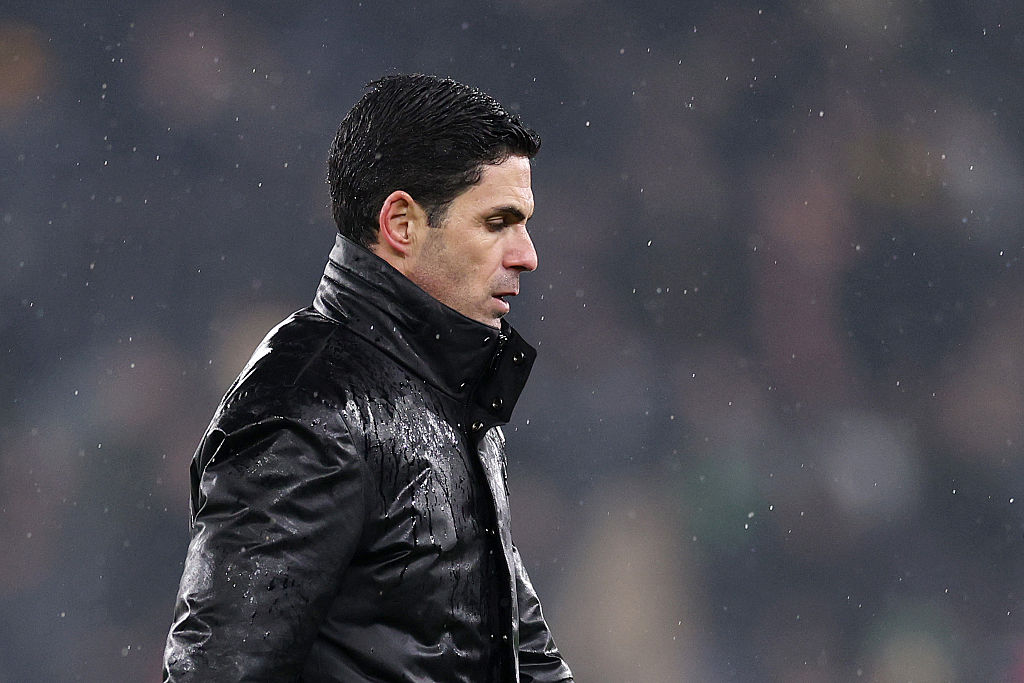'They were deciding people’s livelihoods and careers by voting on who should play' Inside the club bought for £35 on the Internet and named after a train station
Ebbsfleet United took a novel approach to football club ownership in the late 2000s
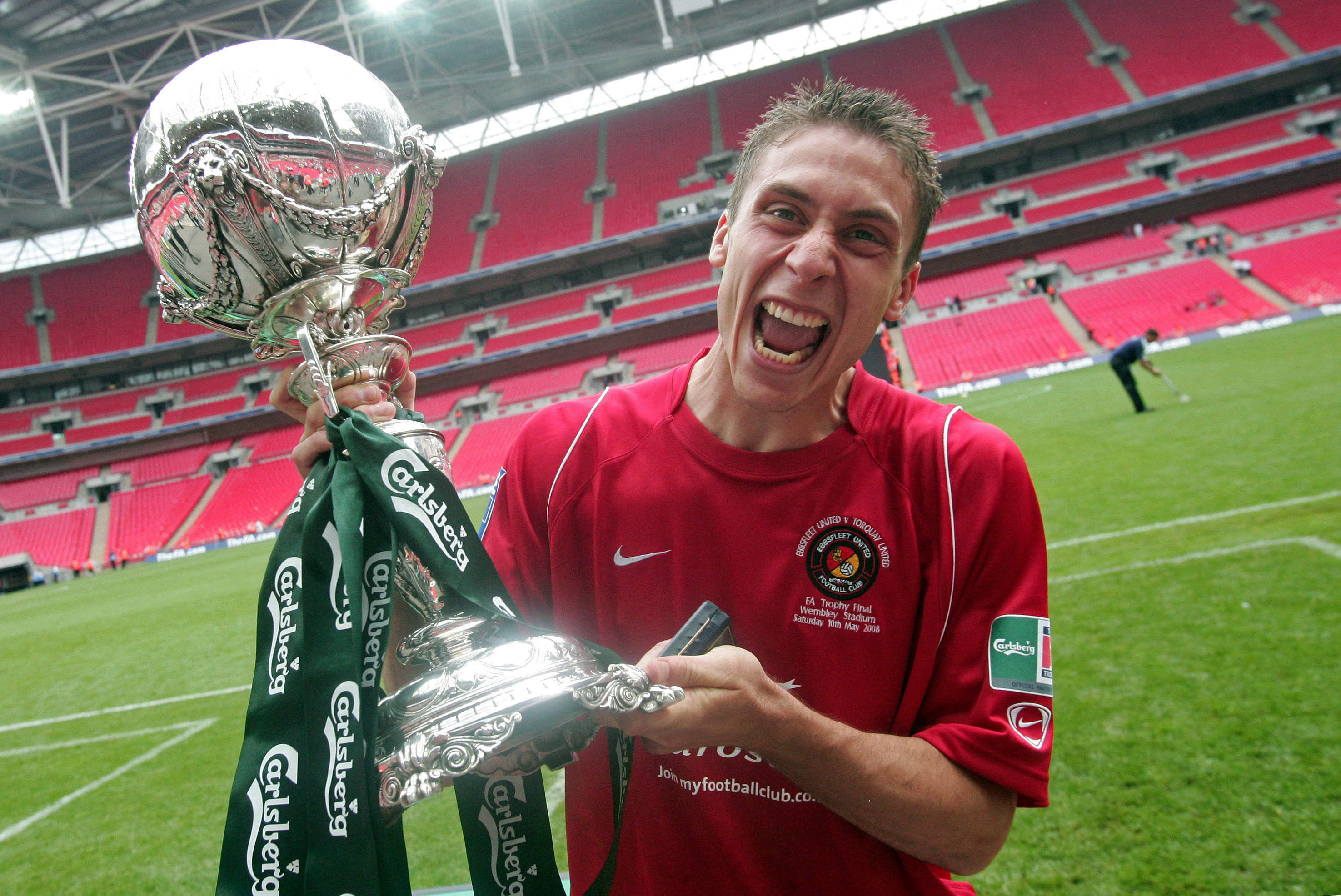
The best features, fun and footballing quizzes, straight to your inbox every week.
You are now subscribed
Your newsletter sign-up was successful
Want to add more newsletters?

Five times a week
FourFourTwo Daily
Fantastic football content straight to your inbox! From the latest transfer news, quizzes, videos, features and interviews with the biggest names in the game, plus lots more.

Once a week
...And it’s LIVE!
Sign up to our FREE live football newsletter, tracking all of the biggest games available to watch on the device of your choice. Never miss a kick-off!
Join the club
Get full access to premium articles, exclusive features and a growing list of member rewards.
In 2008, fans from around the world teamed up to buy a non-league club – what could possibly go wrong? After some initial success, pretty much everything did...
Instead, they were left asking, ‘Who the hell are Ebbsfleet United?’
Phil Moss was part of a consortium of fellow football fans who had pledged £35 to be part of MyFootballClub, an innovative idea to allow ordinary people to own a team.
Ebbsfleet United officially became owned by an online community
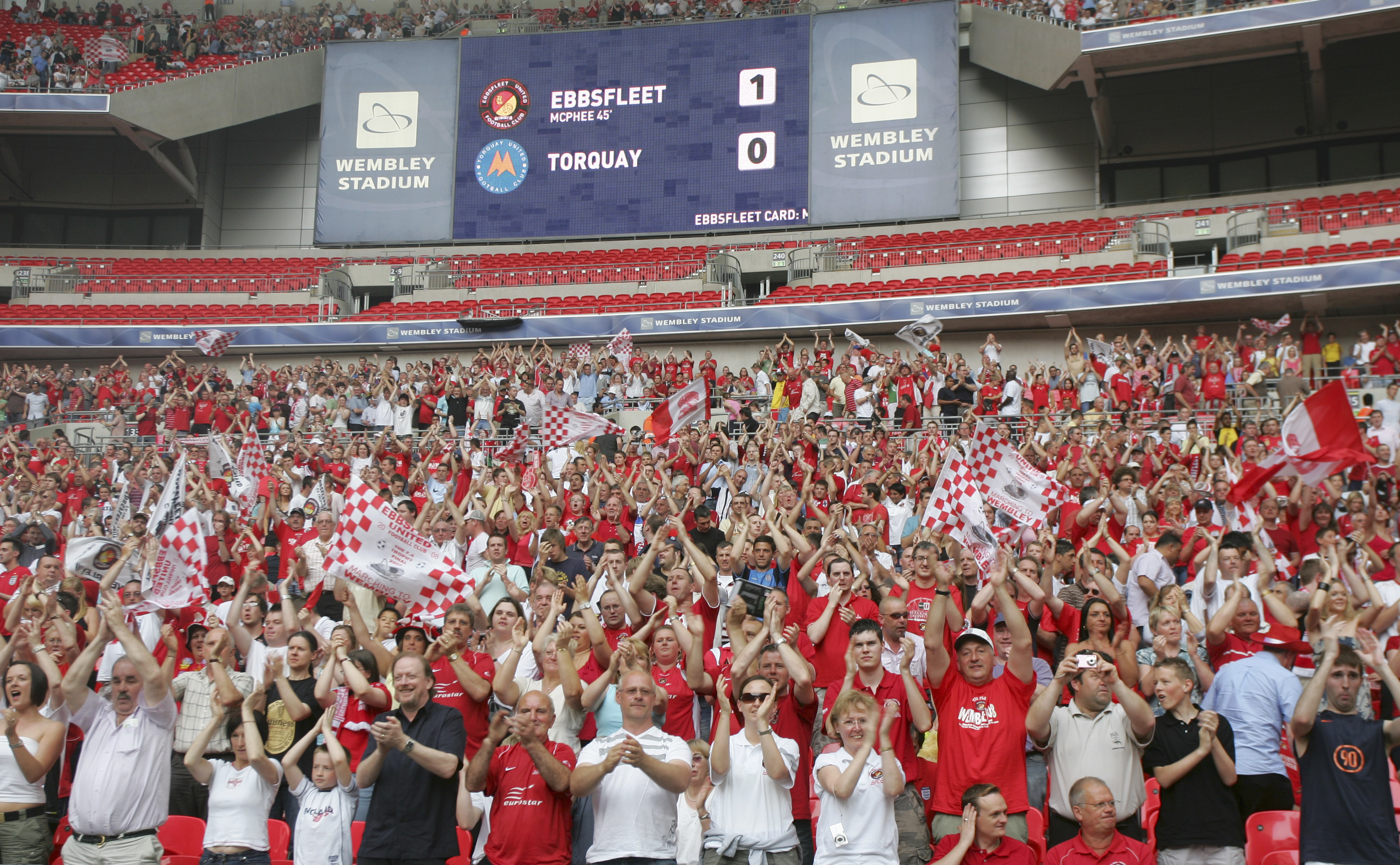
But while talk of taking over the likes of Nottingham Forest and Barnsley was fanciful, they didn’t expect to need to research the club they were investing in. “When the big reveal came, everyone went ‘Who?’” explains the education consultant, of his brush with ownership in 2008.
A few months earlier, Ebbsfleet had officially become the new name for Gravesend & Northfleet, a Conference outfit who had never been beyond the fifth tier of English football.
The club had been given its new moniker to align with the opening of nearby Ebbsfleet International, a Eurostar station in Kent, leading to uproar among Fleet fans.
That didn’t put off MyFootballClub founder and former journalist Will Brooks – armed with the relative riches of more than 28,250 subscribers, he teed up a £625,000 deal to buy a 75 per cent stake in the club.
The best features, fun and footballing quizzes, straight to your inbox every week.
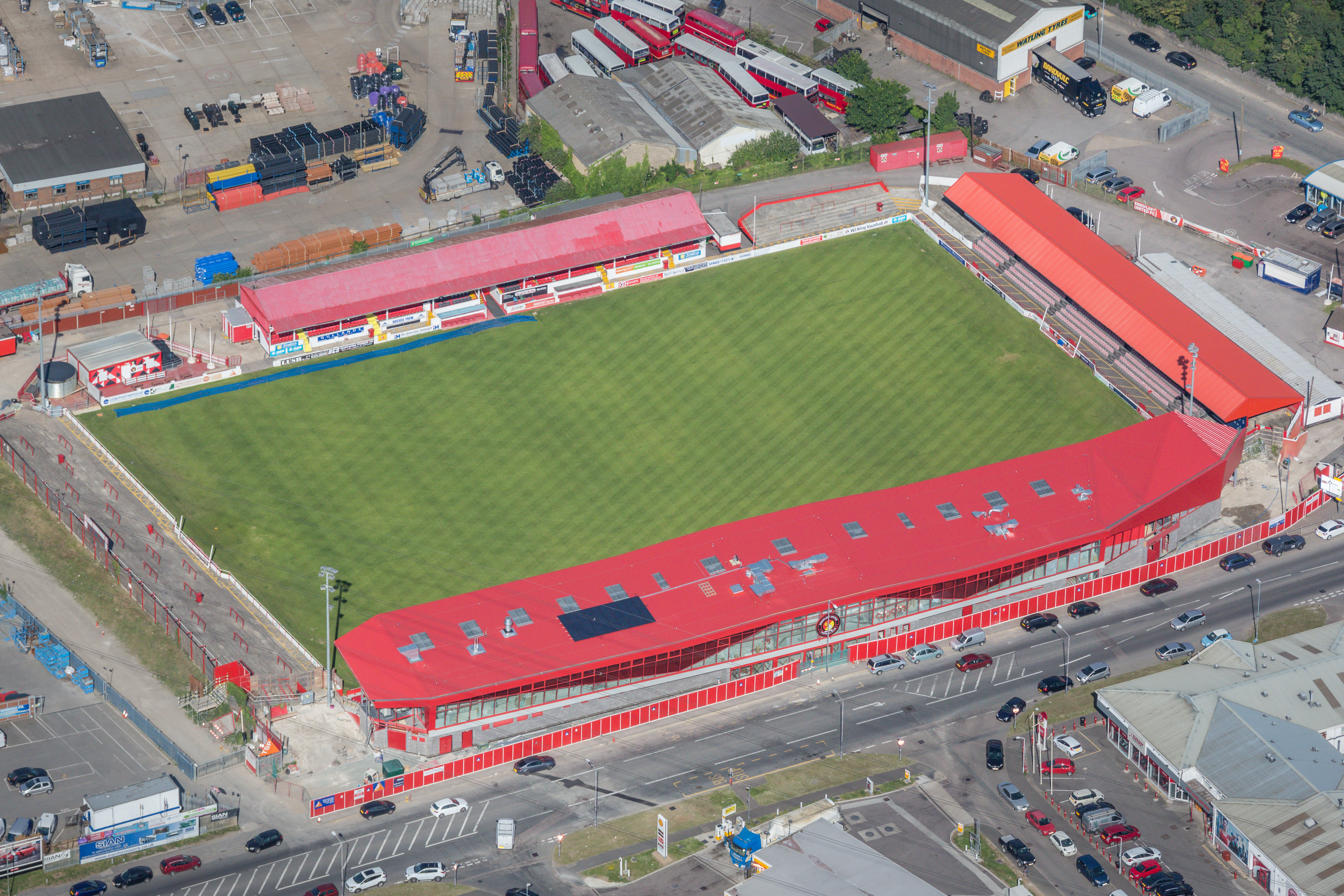
“Ebbsfleet was a club that lived month to month, and it was getting tough for the directors,” explains ex-Birmingham and Coventry defender Liam Daish, who had been Fleet manager since 2005, and had nevertheless led the club to an encouraging seventh place in the Conference in 2007 – at the time, their highest ever finish in that division.
“The MyFootballClub proposal was put to me in the boardroom, in front of directors who’d done what they could financially. They tried to sell the idea to me. I met the guys running it and got on well with them, so that was that.”
The deal was completed in February 2008, with a huge 95.89 per cent of MyFootballClub members voting to proceed with the takeover, making Ebbsfleet the first professional sports club to be owned and run by an online community.
A new board made up of online members was elected and the fleet of football novices set to work. The trouble was, MyFootballClub’s ‘own the club, pick the team’ slogan wasn’t all it was cracked up to be.
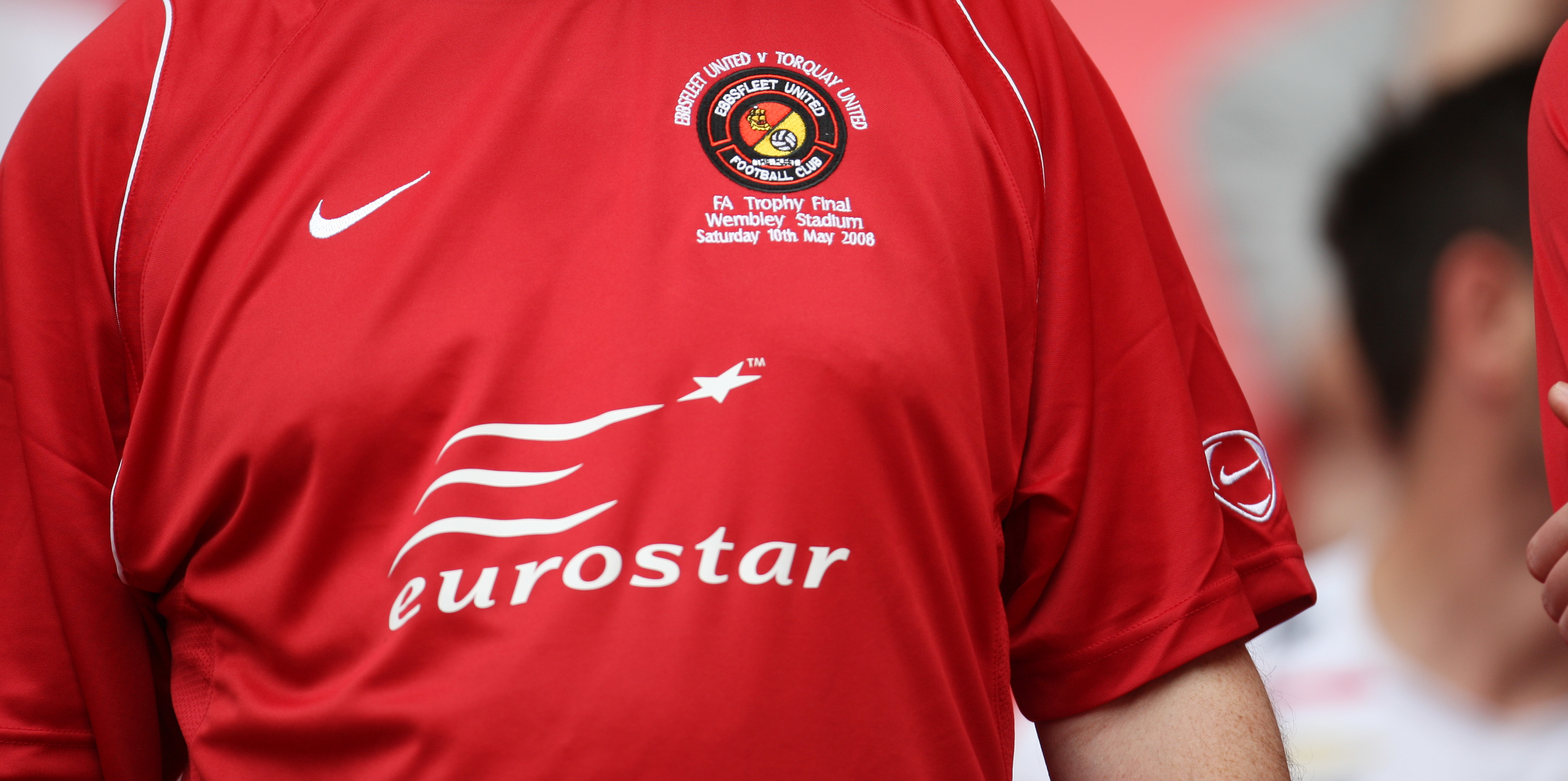
“There were people on the forums before the club was even identified as Ebbsfleet who were saying ‘For us to pick the team, we’re going to have to watch training sessions, dictate to the coaches the style of play we want, and the tactics for set pieces, both attacking and defending’,” says Moss.
“People were going ‘Of course we’re not going to be able to pick the team and stream the training sessions live’. Not least because opposition teams could just pay their £35 and watch it all themselves.”
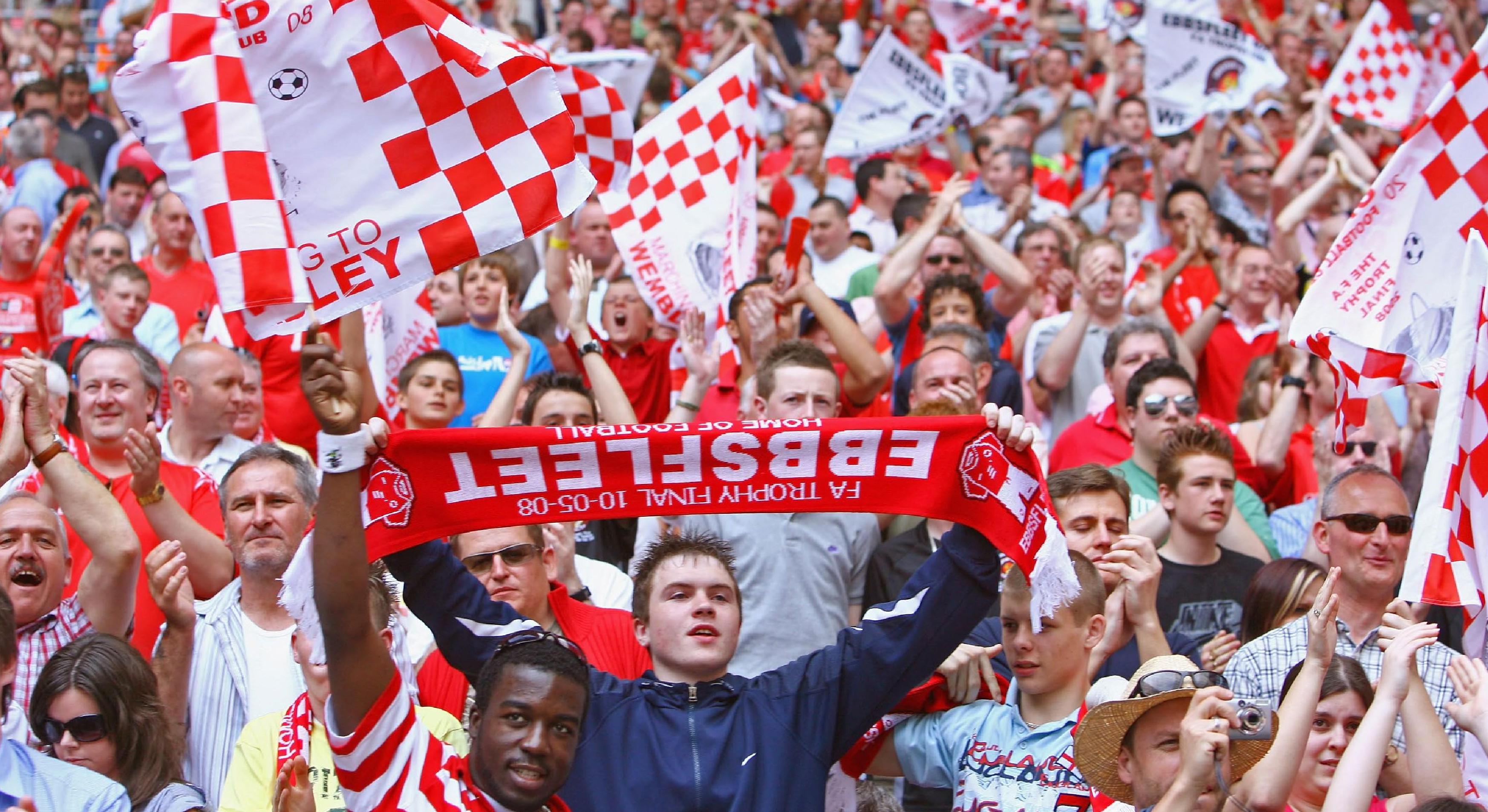
“It’s just not feasible, is it?” explains Daish. “Fans will watch the games and tell you who you ought to be picking, but they don’t see it all. It was a quick realisation that it wasn’t as easy as that. They were deciding people’s livelihoods and careers by voting on who should play. From the beginning, the owners and the membership were happy for me to make the selection decisions.”
Despite everything, it seemed to be working. By the time the takeover was completed, Daish had led Ebbsfleet to the FA Trophy semi-final, where they beat Aldershot to reach a Wembley final for the first time. That achievement inspired Fleet’s new ownership to make the journey to London for the big day, boosting the Kent outfit’s support to more than 25,000. Chris McPhee’s goal on the stroke of half-time was enough to seal victory over Torquay.
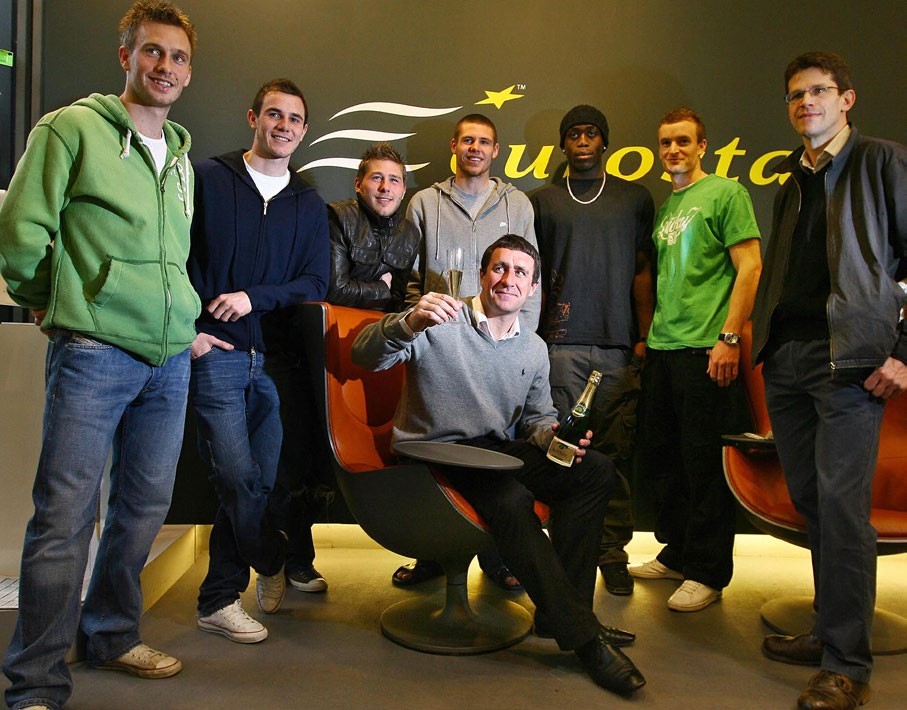
If the FA Trophy triumph appeared to herald good times for the model of ownership by committee, hindsight tells a different story. While the revenue brought in by MyFootballClub, the FA Trophy win and the sale of star players – including centre-forward John Akinde, who became the only player in English football to be sold by an internet vote – appeared to make Ebbsfleet cash rich, the reality was different.
Creditors from the previous regime had to be paid off, and the task of replacing the on-field departures with recruits of a similar quality proved difficult.
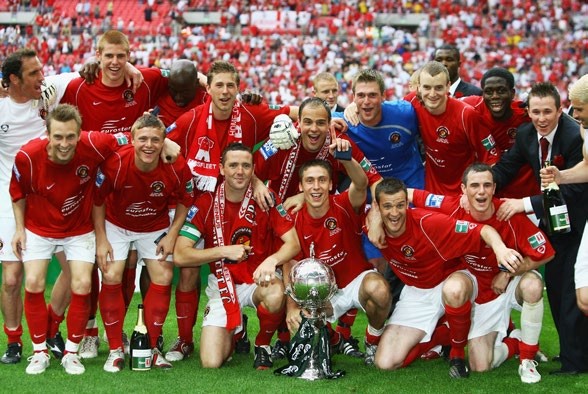
That was exacerbated by a paucity of expertise at board level, with a revolving door of MyFootballClub members often making for chaotic scenes. “A lot of people stepped in and out, and were voted on to the board,” Daish recalls.
“Without being disrespectful, they were football fans who didn’t know about running a non-league club. The new people on the board had to go through the education process and find out what the club was all about. They were testing times. There were probably more people being voted on and off at board level than we had turnover of players. It was frustrating. There were some really radical ideas and proposals that had to be explained, and it could become a bit tense at times.”
A shortage of hands-on knowledge wasn’t the only problem. After the initial FA Trophy success, in a season when they finished 11th in the Conference, Ebbsfleet slipped back to 14th during the following season.
The lack of control started to hit home, with many deciding not to renew their annual subscription.
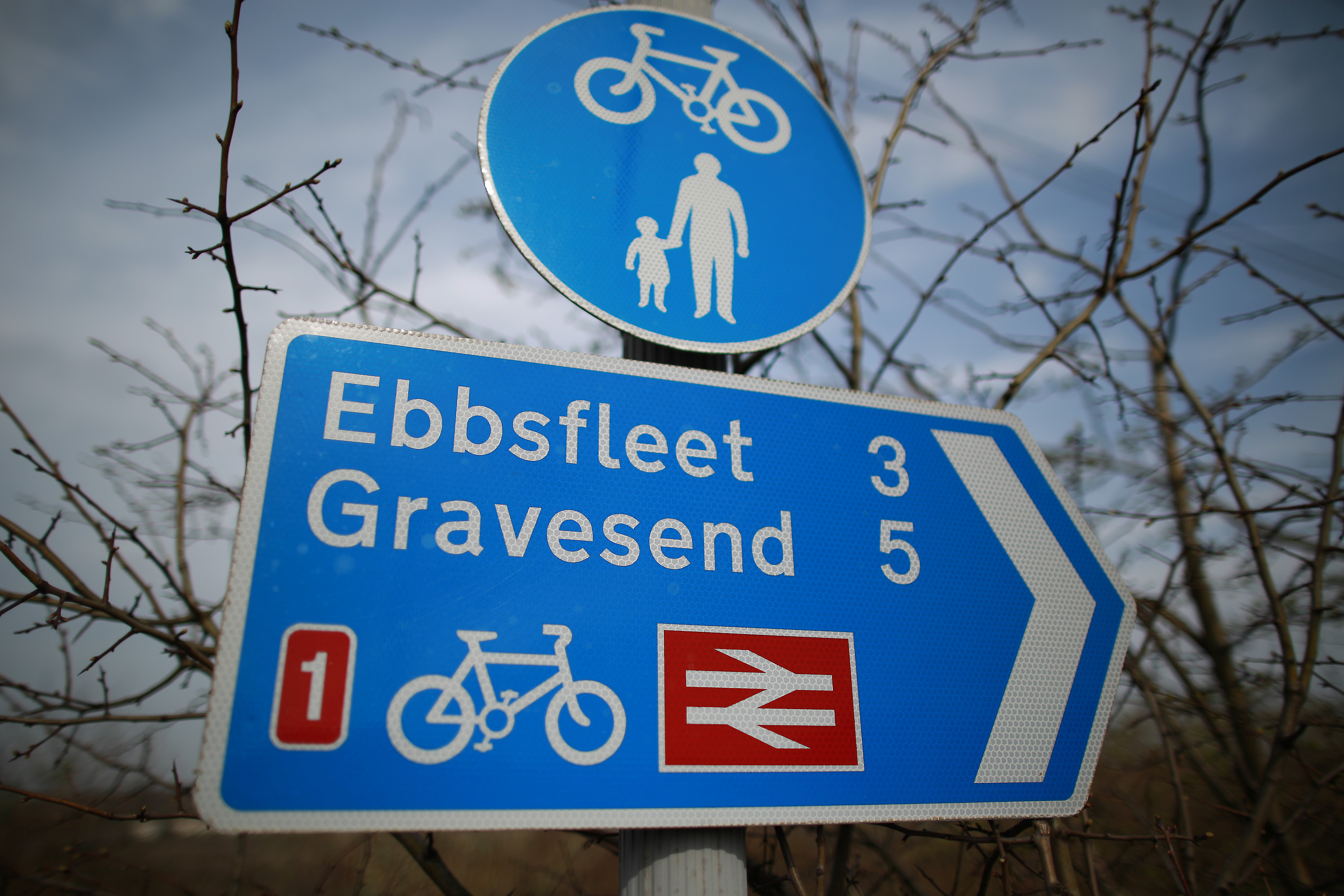
“Our votes were just rubber-stamping decisions already made by people who had done their due diligence,” reveals Moss, who’s since moved to the area and still goes to Fleet games.
“We voted to sign Michael Gash, but we were led by Liam Daish and the scouts, who said he was a great player, they wanted him and we had the cash. We were led by people doing their professional jobs.”
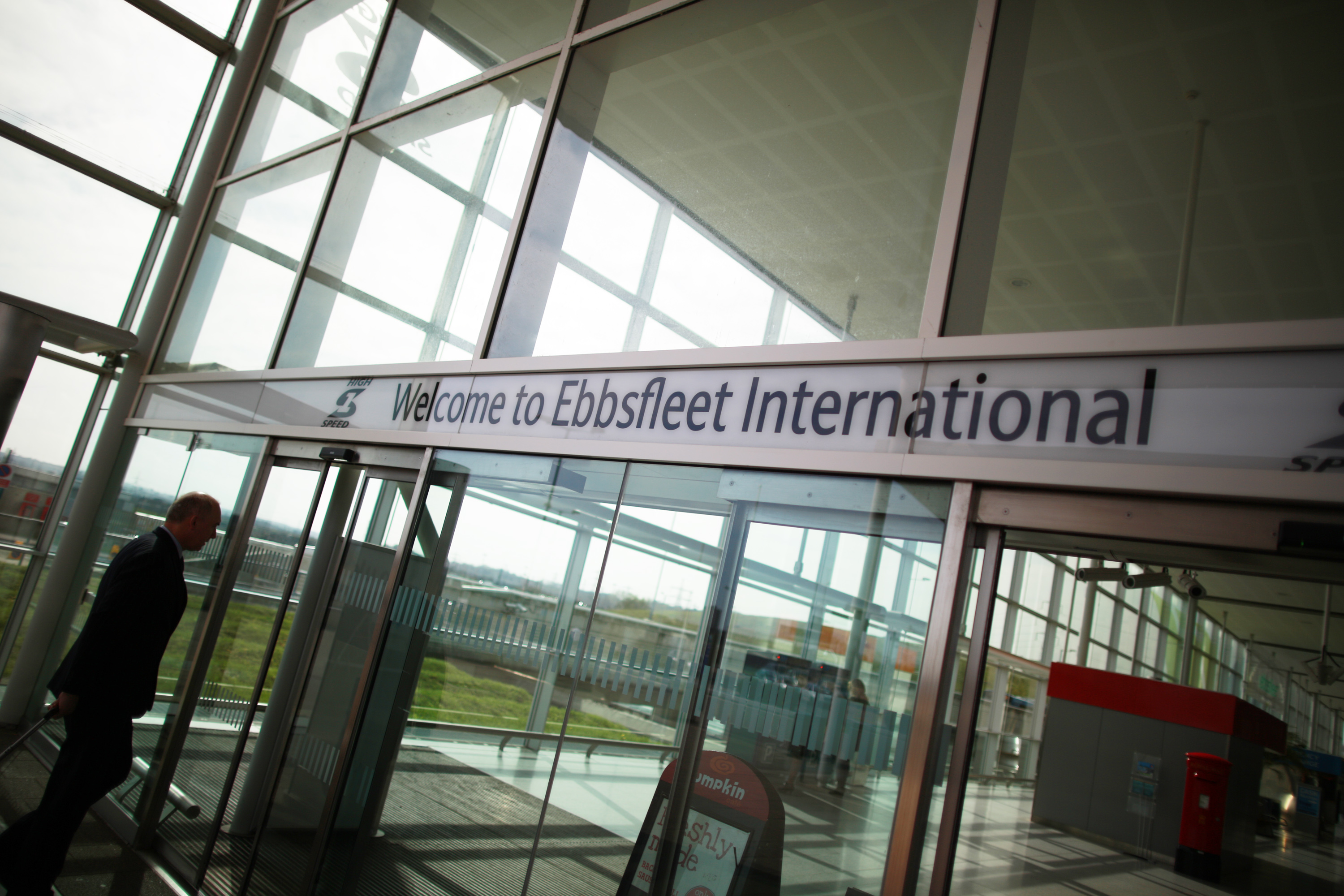
By the end of the 2009-10 season, Ebbsfleet suffered relegation from the Conference.
An immediate return to the fifth tier was secured via the play-offs, but with Brooks taking a step back and funds running low, the writing was on the wall. When the 2012-13 campaign came around, there were only 1,300 members left.
Daish had persisted in the hot seat, but was resigned to his and Ebbsfleet’s fate. Operating with a budget of only £4,500 a week, in a division made up of mostly professional teams, Ebbsfleet’s team of ambitious youngsters and non-league journeymen were relegated to the regional divisions – Daish departed once it was confirmed.
The priority for the last men standing at MyFootballClub had been to prevent the club going to the wall, with drastic measures taken to ensure Ebbsfleet survived. Once the season was over, the remaining members voted to sell their shares to Kuwaiti investors.
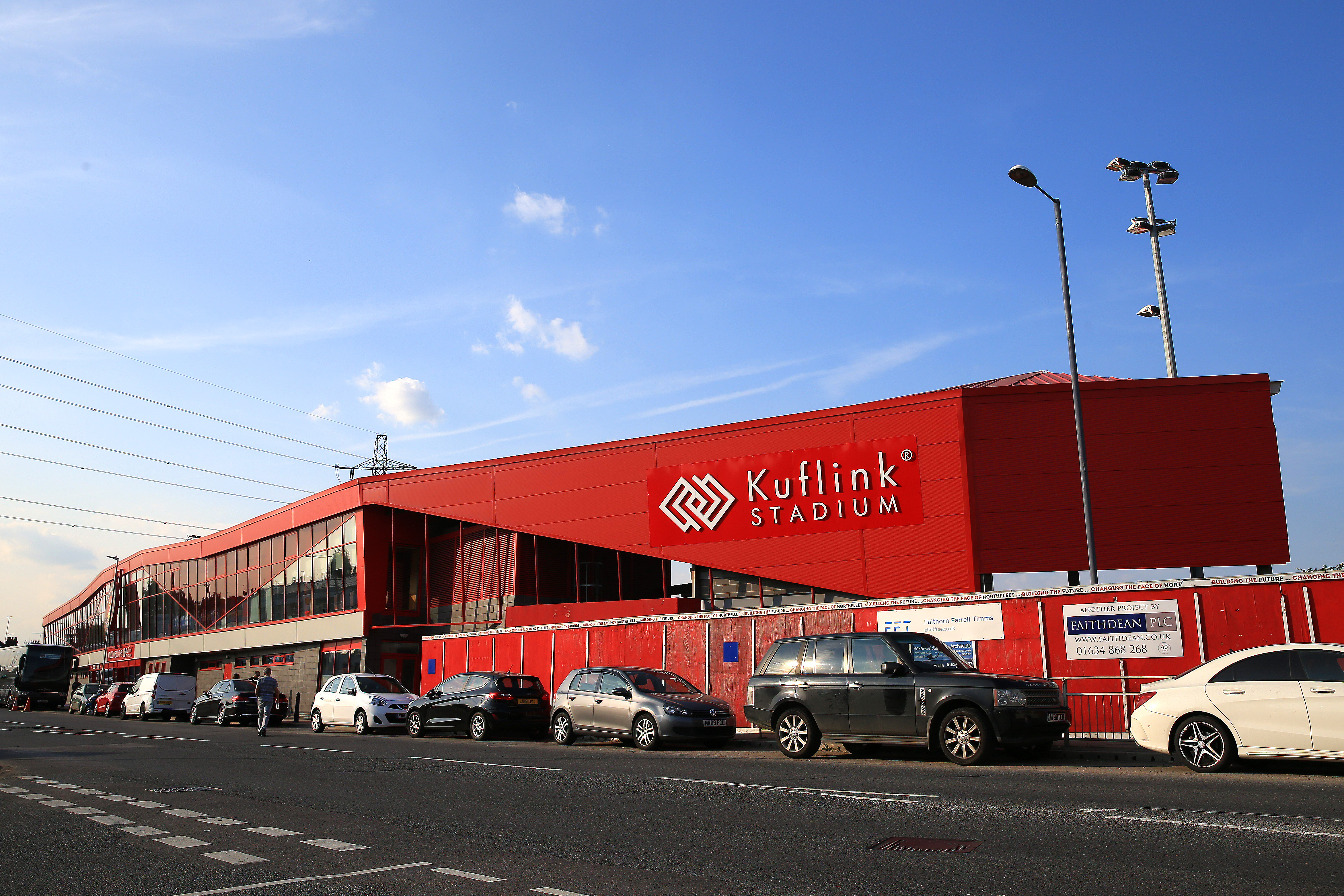
Ebbsfleet have since bounced around between both the National League and National League South, where they began the current campaign. Brooks resurfaced last season, as he headed up another subscription-based investment group, FC100,000, which reached an agreement to buy Scunthorpe United.
This time, his plan included raising £60 a year from 100,000 subscribers, before a backlash from the Iron’s supporters led to the club pulling out of the deal.
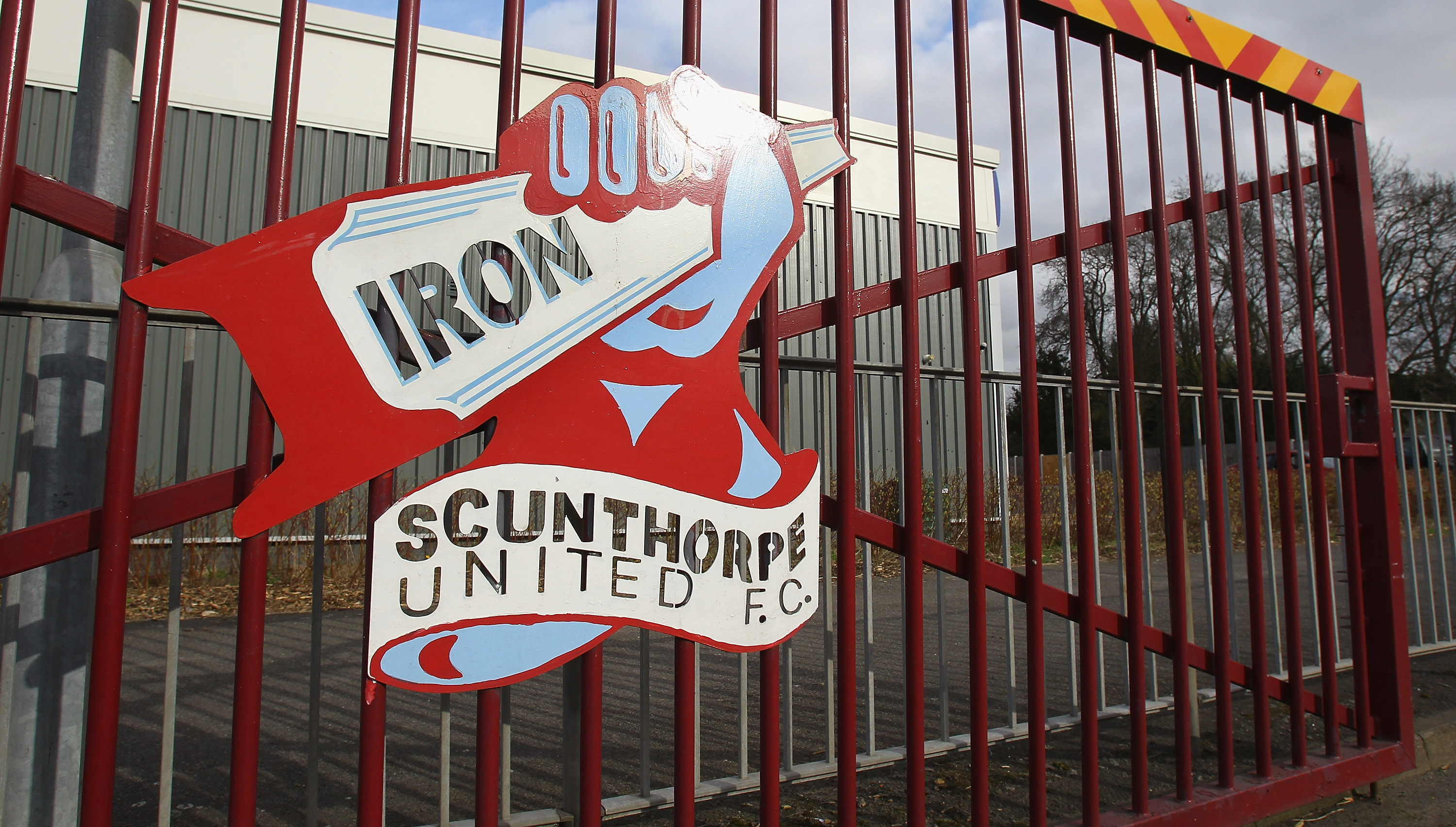
Ebbsfleet fan Alan Balzan-Mitchell thinks that Scunny were correct to be wary. “A lot of members thought ‘This isn’t going anywhere’, and there wasn’t enough for people to keep paying,” he says of his own club.
“Anyone looking to do anything similar needs to be sure it’s best for the club. I don’t think half of the MyFC members on their laptops realised what it takes for a little club to become a big club, and they didn’t want to as they weren’t proper fans. That’s what fan ownership needs – people who really care about the club.”
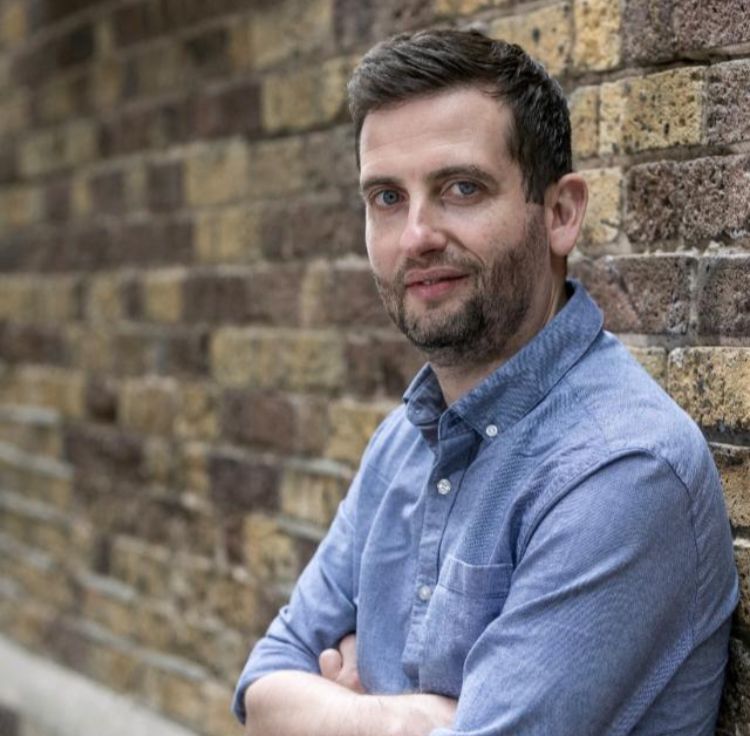
Chris Evans is a freelance journalist and has been a regular FourFourTwo contributor since 2014, covering a wide range of stories up and down the football pyramid. Chris's work has also appeared in the Guardian, the Independent and other national newspapers, as well as on the BBC Sport and Mail websites. He is also the author of two books for Bloomsbury Sport, How to Win the World Cup: Secrets and Insights from International Football's Top Managers in 2022, and Gary Lineker: A Portrait of a Football Icon, which was published in 2025.
You must confirm your public display name before commenting
Please logout and then login again, you will then be prompted to enter your display name.
 Join The Club
Join The Club










